This event is programmed by Digital Maker Collective, a Tate Exchange Associate
About the Digital Maker Collective
The Digital Maker Collective are a group of artists, designers, staff and students from the University of the Arts London (UAL) who explore emerging digital technologies in arts, education, society and the creative industries. They are supported by Camberwell, Chelsea and Wimbledon Colleges of Arts (CCW), UAL.
Digital Maker Collective, University of the Arts London are a Founding Associate of Tate Exchange, Tate Modern, London
Tate Exchange, Level 5, Blavatnik Building, Tate Modern: A space for everyone to collaborate, test ideas and discover new perspectives on life, through art. The overarching theme for the Tate Exchange programme year 2017/18 is ‘Production’ which can be interpreted as we wish, and to help frame ideas we are looking through the lenses of Value, Material, Transformation and Knowledge. Read More.
Following the success of the Digital Maker Collective, Digital Making Art School events at Tate Modern, Tate Exchange in 2017, which included 150 staff & students and over 2,000 public visitors, we are really pleased to be invite you to join the Digital Maker Collective in planning the programme for Tate Exchange 2018:
On Friday 26 January 2018 the Digital Maker Collective were invited to activate the 4th Floor Boiler House, Tate Modern as part of Uniqlo Tate Late event, which this month was programmed in collaboration with the Tate Exchange Associates. See Images: Uniqlo Tate Lates Jan 2018
We are currently in the process of developing our Tate Exchange week long residency event 6-11 March: See Tate Exchange 6-11 March 2018 Programme
Below: A short talking heads film about the Digital Making Art School event Feb & March 2017, part of a series of filmed interviews during the first year of Tate Exchange by Tate Research Centre. Tate Learning aims to develop rigorous reflective practice across the Tate Learning team. Through this Tate Learning aim to identify, support and make visible how gallery education practice can be understood and experienced as a research-led activity.

